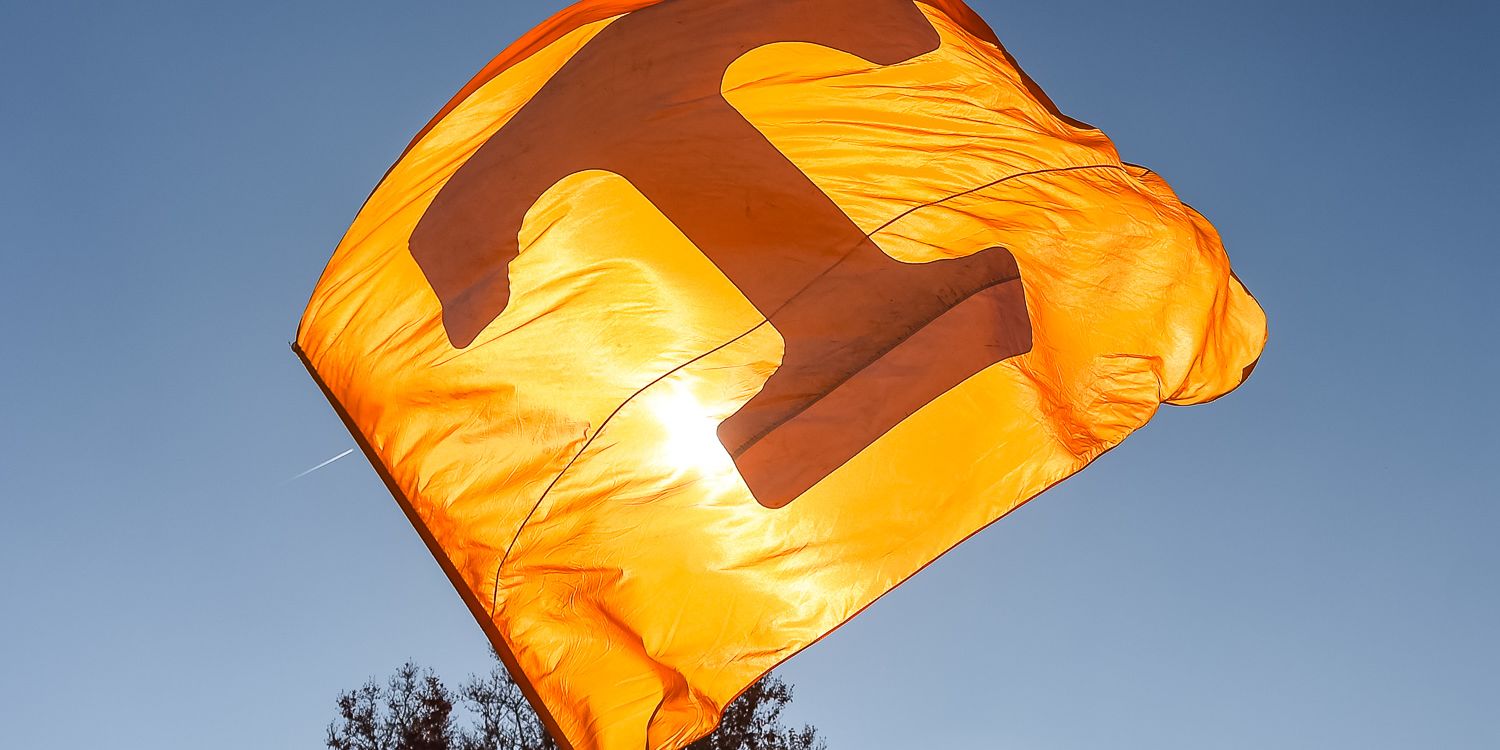Tennessee’s season came to an end in Omaha yesterday, a second loss in two chances at the College World Series. There’s a significant percentage of this conversation that now has to wait, holding its breath for Tony Vitello and Danny White to emerge at the same press conference instead of in two different locations. We’ll see.
But in the ways one’s season can come to an end in college baseball, you always prefer Nebraska. Especially when you haven’t seen anything like it in 16 years.
When a fanbase is molded by a football team that chases the biggest prize every year and reinforced by a women’s basketball team that wins it eight times, it’s easier for other sports to carry an unnecessary burden. Rick Barnes isn’t the first men’s basketball coach whose teams felt undue angst over a regular season loss. Bruce Pearl’s Elite Eight squad generated some of those questions too, even when losing to ranked opponents.
Pearl’s first team, now 15 years ago, is probably the closest comparison to what Tony Vitello is doing right now. They lost in the second round of the NCAA Tournament as a two seed, but that individual defeat to Wichita State is probably Tennessee’s least painful exit in March of my lifetime. It wasn’t just that we were happy to be there. It was that, in the moment, we could believe we’d be there from now on.
Not the Sweet 16 or Omaha every year, no one does that. But to be in the hunt, in the conversation every year? That can be done. And that’s a gift. Because no one wins the whole thing every single year – not Bama, not Pat Summitt, no one – so I think the chase becomes the healthiest goal. We know we’re in the chase with Rick Barnes. We’ve been in the chase in softball for a long time now. And that’s the hope this baseball team produced: not a one-off story, but an opening chapter.
And man, what a great chapter it was. When Drew Gilbert hit that walk-off grand slam against Wright State, I leapt in our bedroom. Like, “Watch the ceiling fan, don’t wake up the kids,” leapt. For Tennessee baseball.
I’ve got clothing with the word “Omaha” on it. Lindsey Nelson Stadium will always have 2021 on it. This team will be remembered forever regardless. But they also have a chanced to be linked to a much larger story.
Make no mistake: the losses will probably hurt more from here. That’s part of the deal. It’s hard to equate it in football, because in that sport the losses that tended to hurt Tennessee most came in September or October. Not everyone has to lose their last game, though we’re headed more in that direction with the playoff.
Basketball again provides some context. Sometimes you still just get beat by a better team, as happened to Bruce Pearl’s squad a couple years later in 2008. Sometimes you lose in heartbreaking fashion, but then get to avenge it a few years later (see: Ohio State). And some of those losses just linger in the fog of “what if”, watching the bracket fall apart around you and dreaming about the kind of run you could’ve made in 2000 or 2018.
Baseball will take all that and include far more volatility, even in a double elimination format. There are no secrets or surprises in building the bracket: the best teams will always rise to the top over a long regular season. But once you’re there, it doesn’t take much to turn the whole thing sideways. A hot pitcher, an umpire’s call, a ball inches from being fair instead of foul. Right now there are six teams left standing in Omaha. The two left in the winner’s bracket are unseeded and #7. #4 Vanderbilt faces elimination today; #2 Texas will face it again tomorrow. Arkansas, as you know, didn’t even make it.
You can’t predict it. But you can be in it. The hunt is what you hope for. And I’m grateful to this baseball team for giving it to us.

